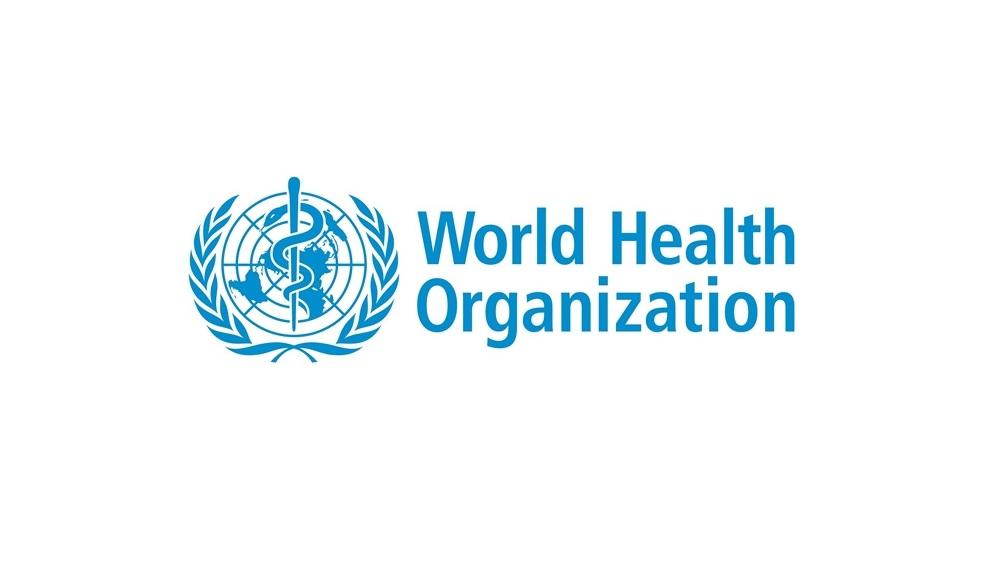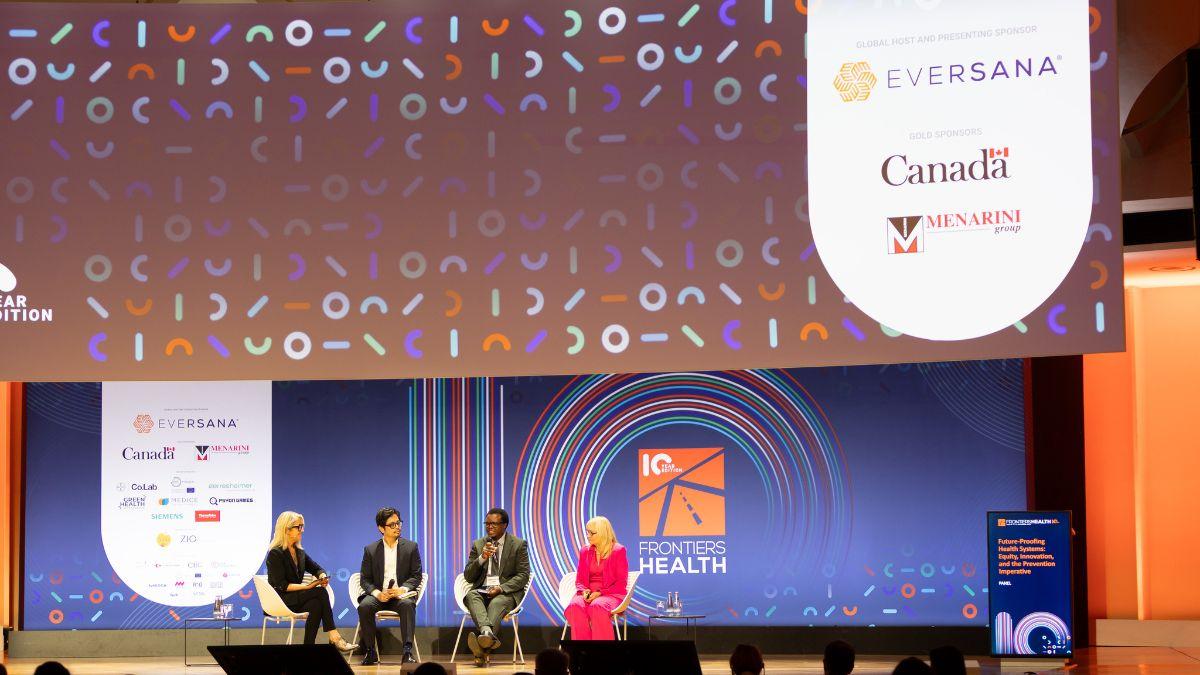WHO (sans US) finishes draft pandemic preparedness agreement

An international agreement on pandemic preparedness is finally complete after three years of negotiation. The World Health Organization's Intergovernmental Negotiating Body (INB) finished its 30-page draft agreement on Wednesday after 13 formal rounds of meetings. The agreement will now be considered at the upcoming 78th World Health Assembly, beginning in May. If it is ratified by 60 of the 194 WHO member states, it will become international law.
Notably absent from the final stages of the agreement was the United States, following the Trump administration's withdrawal from the organisation by Executive Order in January, ironically over the organisation's handling of the COVID-19 pandemic, which was also the impetus for this agreement.
“I am overjoyed by the coming together of countries, from all regions of the world, around a proposal to increase equity and, thereby, protect future generations from the suffering and losses we suffered during the COVID-19 pandemic," INB Co-Chair Precious Matsoso, of South Africa, said in a statement. "The negotiations, at times, have been difficult and protracted. But this monumental effort has been sustained by the shared understanding that viruses do not respect borders, that no one is safe from pandemics until everyone is safe, and that collective health security is an aspiration we deeply believe in and want to strengthen.”
Negotiations were hampered by disagreements among nations around how to fairly share information and technology among wealthier and less wealthy nations, but they ultimately reached a compromise. The final agreement includes a number of policy proposals:
- establishing a pathogen access and benefit sharing (PABS) system to facilitate sharing of information, vaccines, and drugs
- a group commitment to pandemic prevention, including through a One Health approach, including concrete measures
- maintaining research and development capacities around the world
- sharing skills and expertise around producing pandemic-related health products
- mobilising a global health emergency workforce
- setting up a coordinating financial mechanism to enable these measures
- establishing a global supply chain and logistics network
WHO also noted in a release that the proposal takes sovereignty seriously even as it promotes global cooperation and that "nothing in the draft agreement shall be interpreted as providing WHO any authority to direct, order, alter, or prescribe national laws or policies, or mandate States to take specific actions."
"The nations of the world made history in Geneva today," Dr Tedros Adhanom Ghebreyesus, WHO's Director-General, said in a statement. "In reaching consensus on the Pandemic Agreement, not only did they put in place a generational accord to make the world safer, they have also demonstrated that multilateralism is alive and well, and that, in our divided world, nations can still work together to find common ground, and a shared response to shared threats. I thank WHO's Member States, and their negotiating teams, for their foresight, commitment, and tireless work. We look forward to the World Health Assembly's consideration of the agreement and – we hope – its adoption."












